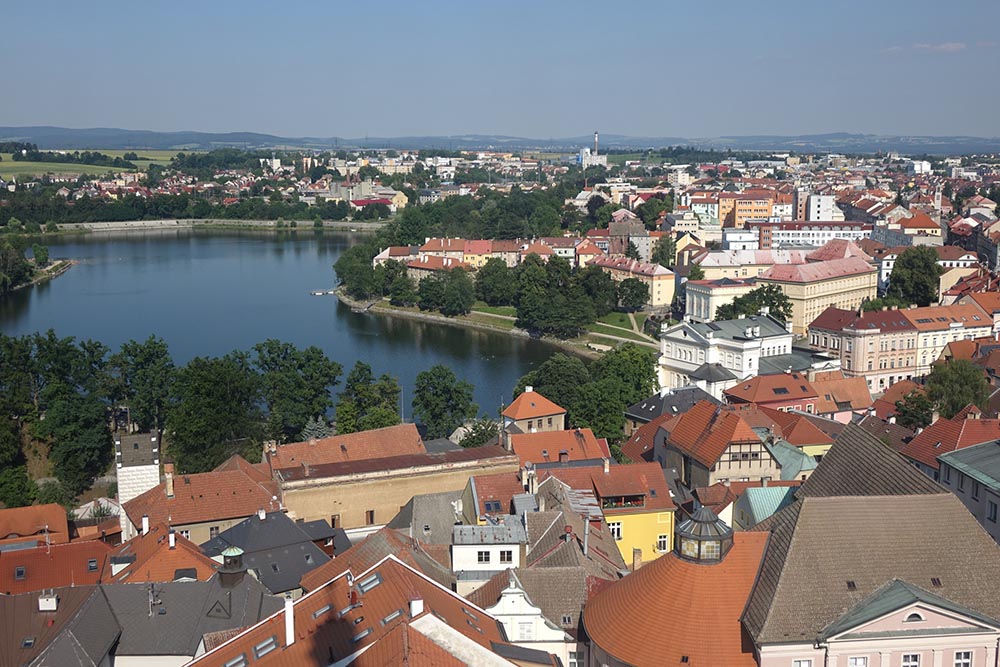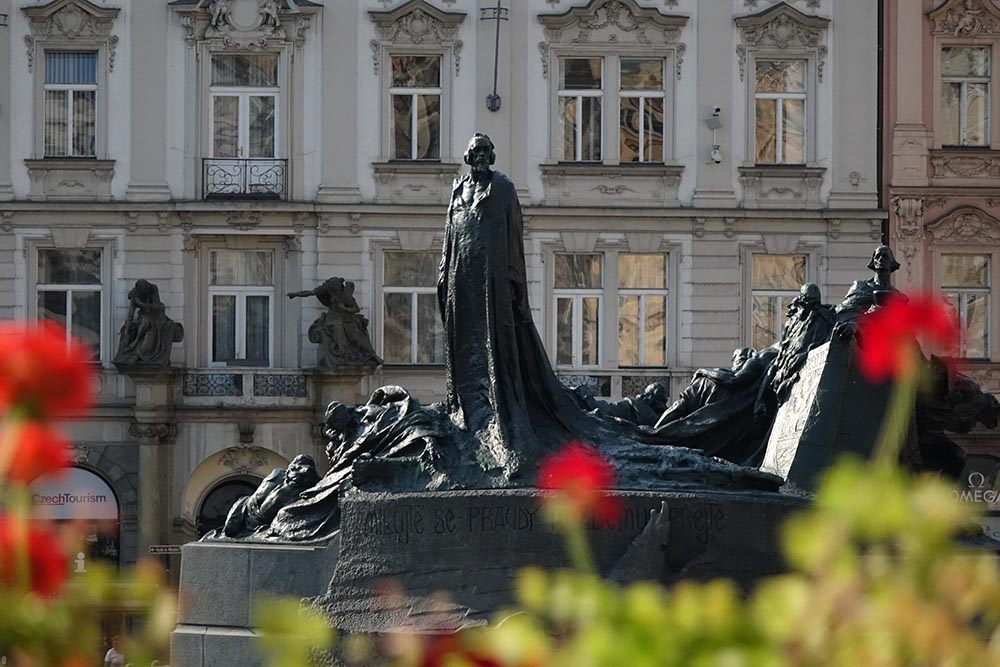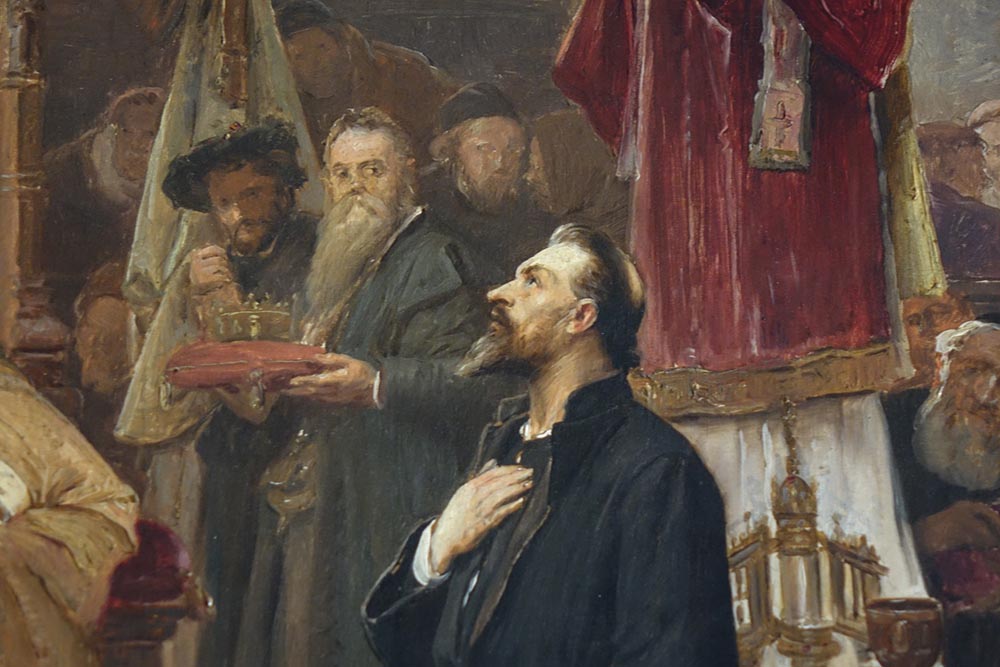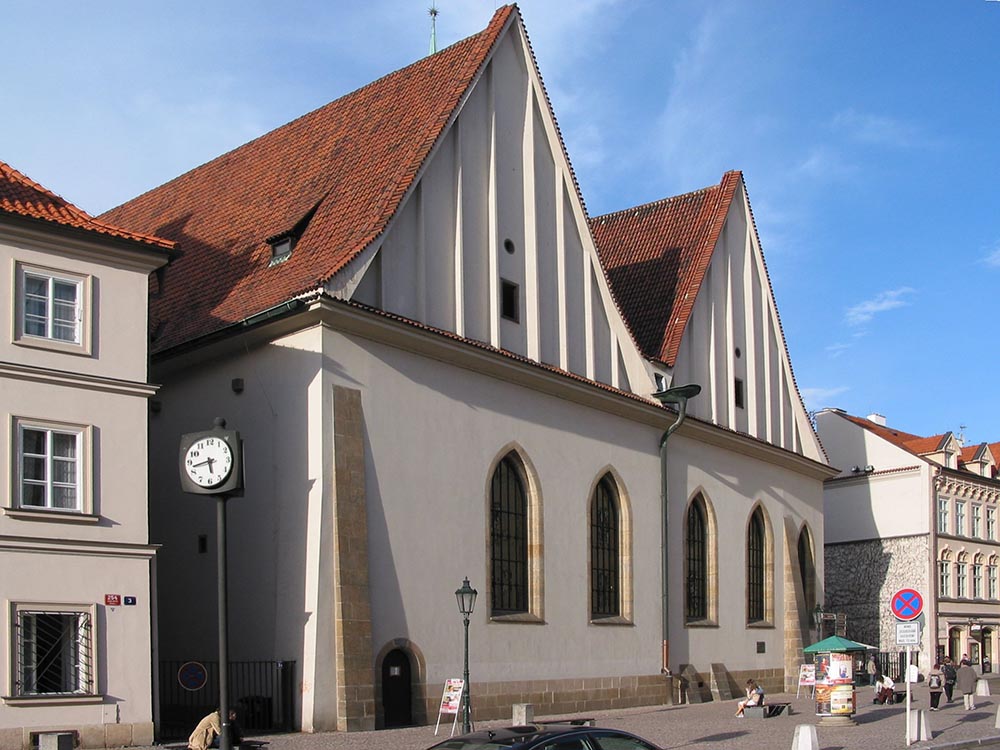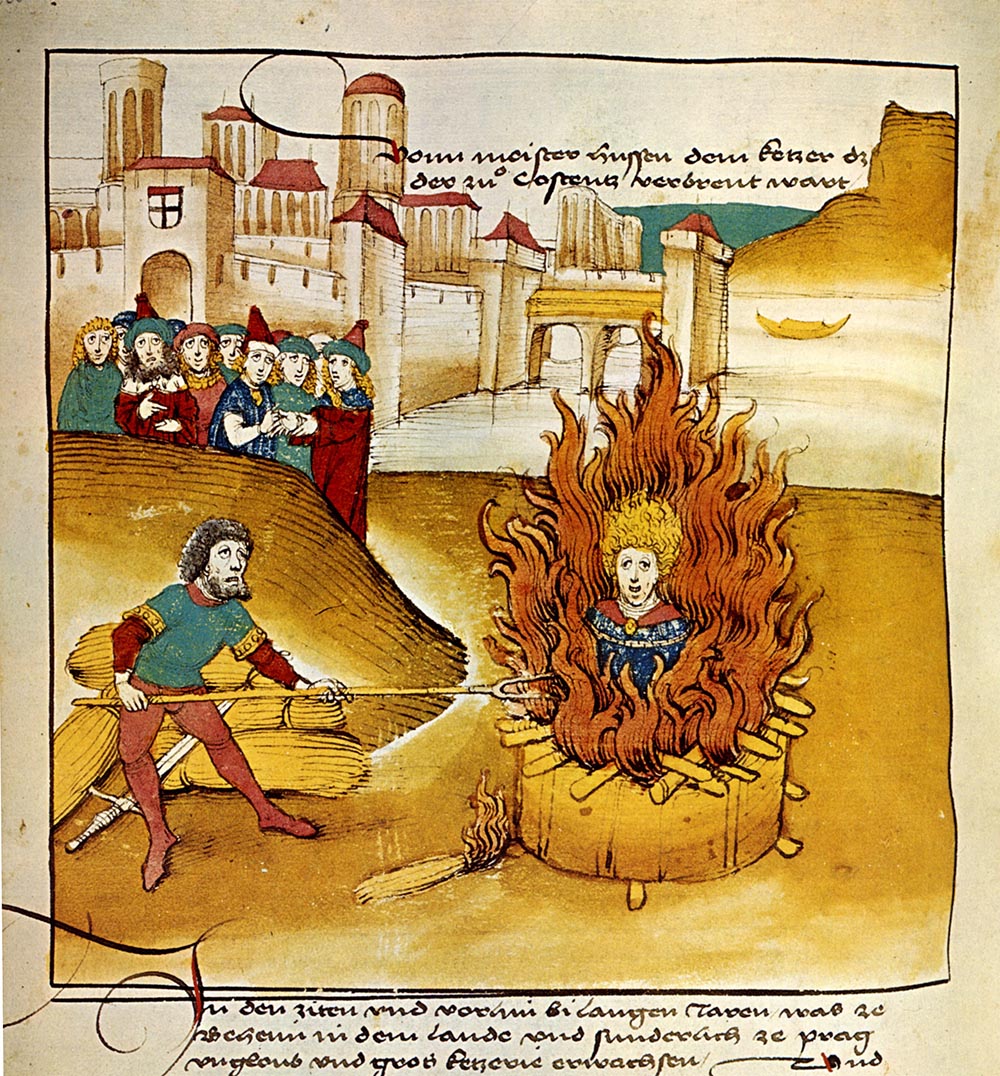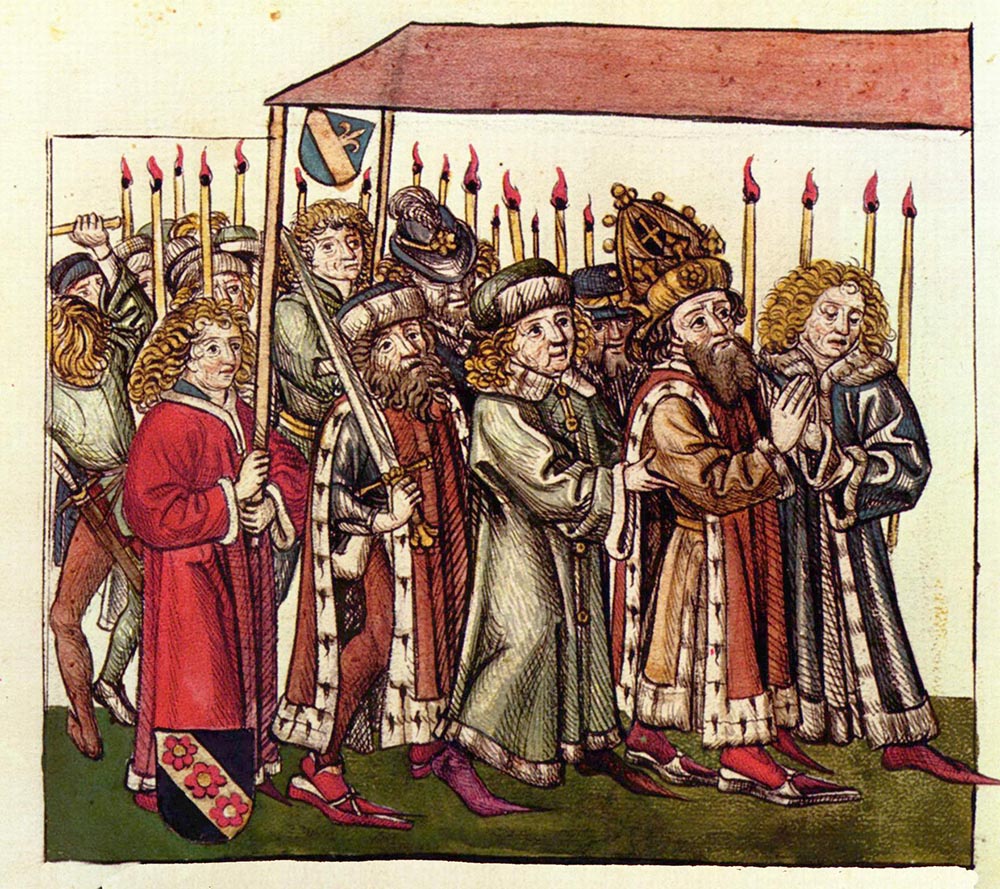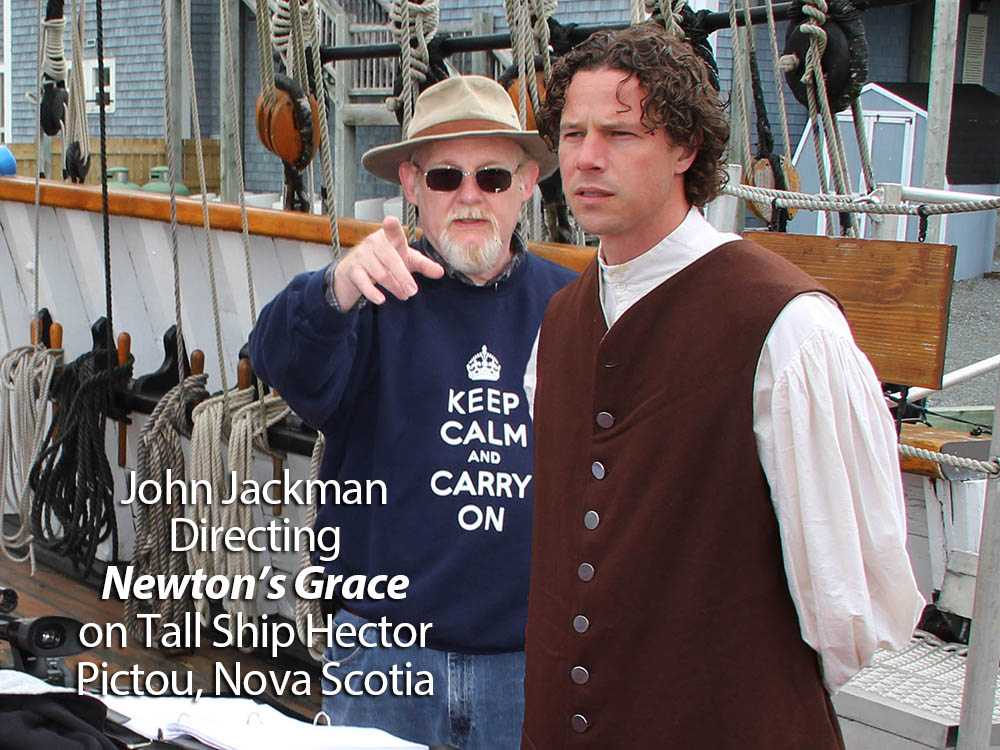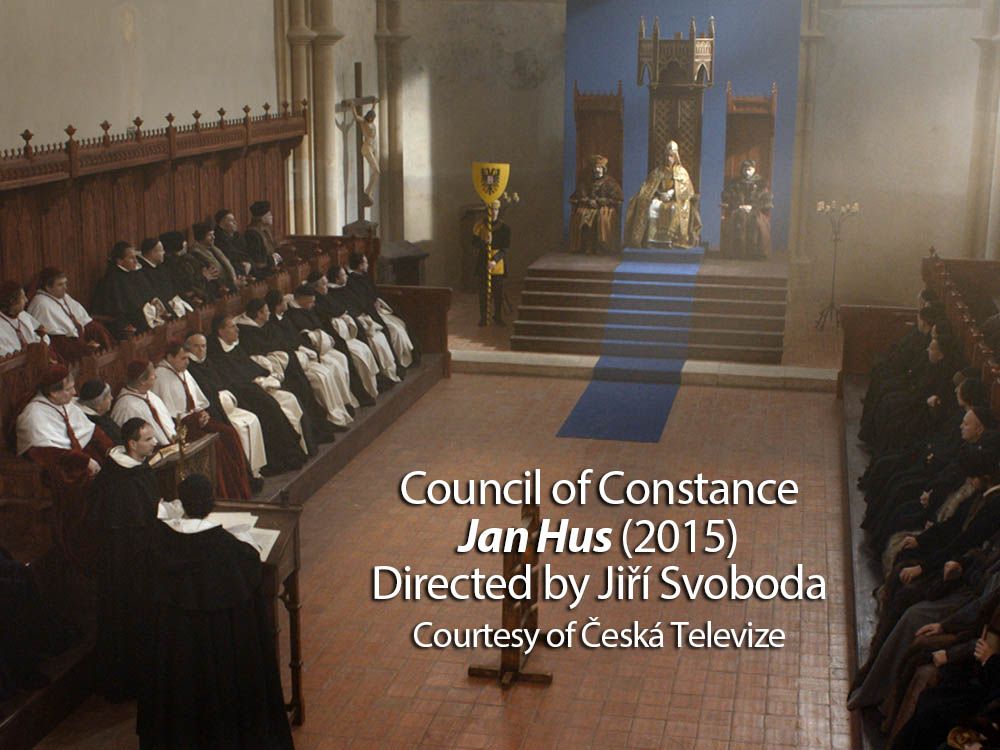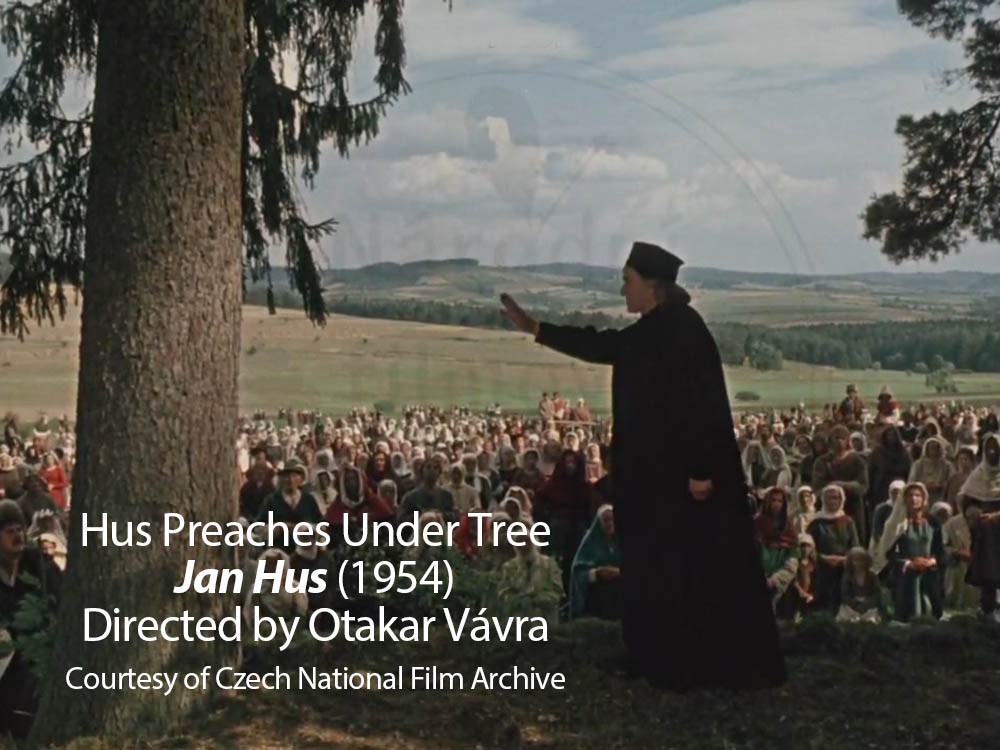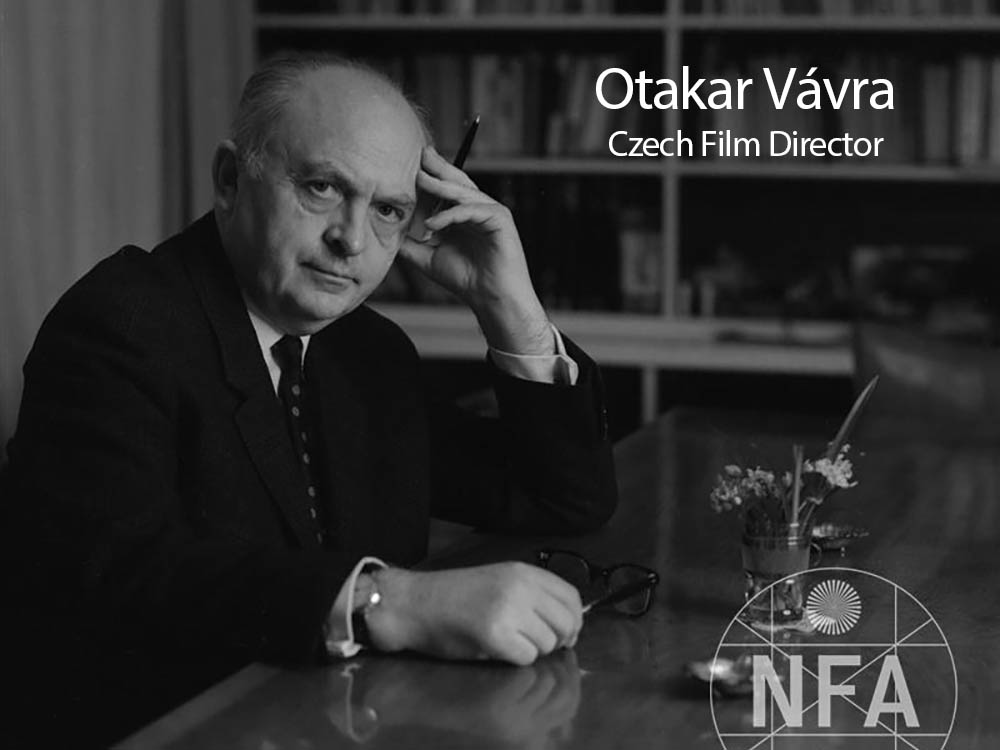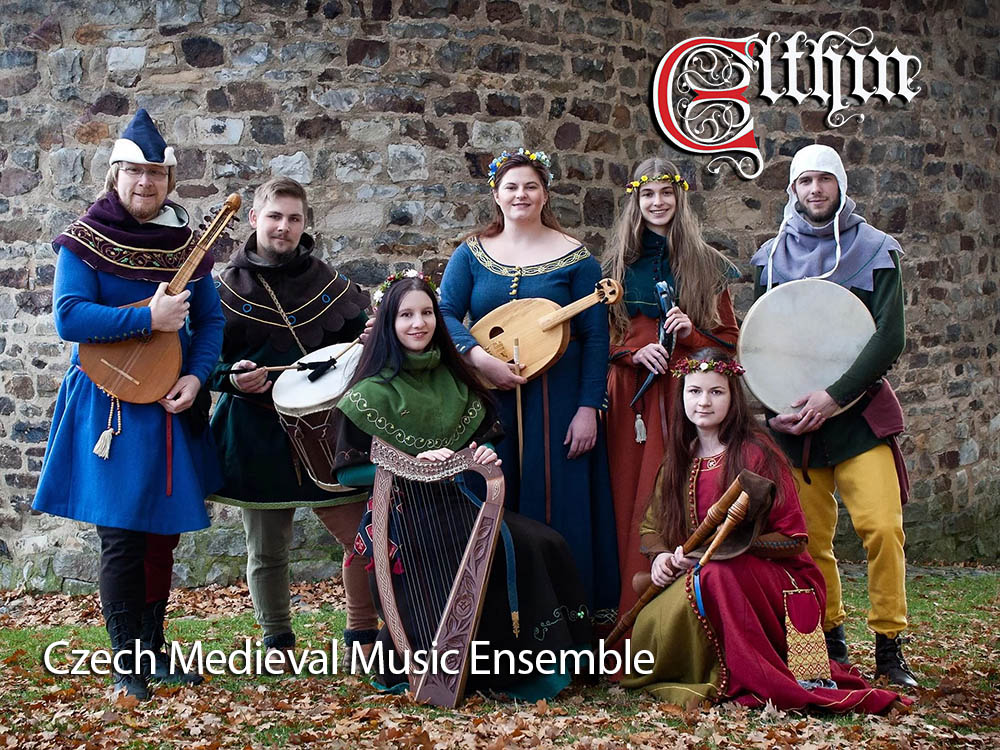John Hus: Apostle of Truth
This ambitious documentary will take the viewer on a journey through the life and tumultuous times of John Hus: his trial and martyrdom at the Council of Constance; the Hussite Wars which followed; and the emergence of the Jednota bratrská - the Unitas Fratrum or "Unity of Brethren." We will also explore the ways in which the Hussite movement impacts our world today, both through influence and the work of the Moravian Church.
Work on the documentary began in 2014, shortly before the 600th anniversary of Hus' martyrdom. Numerous scholars have been interviewed, as have pastors and bishops of the Moravian Church and the Unity of Brethren, who have reflected deeply on the impacts of Hus' life.
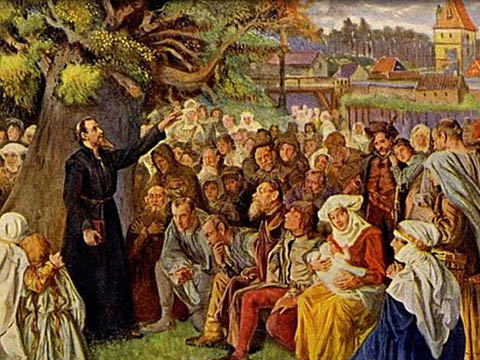
Meet the Scholars and Pastors Interviewed!
The Story of Hus and the Hussite Wars
It is clear that the Reformation, often ascribed only to Martin Luther and those who followed him, was really well under way long before Luther was born. John Wycliffe in England began a movement to make the Bible available in the common language. Hus, a faithful Roman Catholic priest, was preaching in the common language in Prague at the Bethlehem Chapel. He was strongly influenced by Wycliffe's writings, and began to oppose the abuses of the Catholic Church of his day - especially immorality among priests, the wealth and power of church leaders, and the sales of indulgences. While Hus had wide support among the population of Bohemia and Moravia, he stepped on many powerful toes. Excommunicated by the Pope, he preached and wrote in exile for a period -- and then was called before the Council of Constance. Accused of heresy, Hus refused to recant his teachings and was condemned as an arch-heretic. He was burned at the stake on July 6, 1415.
But while the powers could silence the man, they could not silence the movement, and conflict rapidly escalated into Pope Martin V declaring a full-fledged Crusade against the Hussites. The period of the Hussite Wars actually represented five separate Crusades over fifteen years. The Pope and the Emperor seriously underestimated the backbone of the Hussites, however, and the powerful armies of the Holy Roman Empire were largely defeated by an army of peasants and commoners. They were led by Jan Zizka, a military genius whose strategies are still studied today. The battles were the first to see extensive use of gunpowder, cannons, and primitive rifles. Zizka designed "war wagons" which could transport the equipment and troops and then be converted into a mini-palisade. The traditional strategies of the Crusaders were overwhelmed by Zizka's innovations and the sheer dedication and bravery of the Hussites, represented by two groups: the Utraquists and the more radical and militant Taborites.
But war is hard on everyone, even the victors. The war had left much devastation, nearly every family had lost members. One spiritual leader, Petr Chelčický, began to preach that Christians should be non-violent. A group of Hussites who followed these teachings, and focused on strictly following the Sermon on the Mount, received permission to move out of Prague and establish an intentional faith community in the village of Kunwald, where they officially organized the Jednota bratrská - the Unitas Fratrum or "Unity of Brethren."
Production of the Documentary
Award-winning director John Jackman has assembled a wide variety of materials to weave the story of Hus and the Hussite wars. Extensive interviews with experts provide the framework, but a rich visual tapestry will also be created from ancient documents, paintings, etchings, and drawings. Footage from Prague and the surrounding countryside, excellent stills by Mike Reiss, will be combined with scenes from both current and historic dramatic films. We have licensed dramatic footage from the excellent Czech film, Jan Hus, produced in 2015 as part of the 600th observance of Hus' martyrdom; plus we have worked with the Czech National Film Archive to include scenes from historic films about the Hussite wars produced in the 1950s and directed by Czech filmmaker Otakar Vávra. Vávra's films include what may be the most accurate representation of Medieval warfare ever captured on film. These movies have rarely been seen outside of the Czech Republic. We are glad to announce that the documentary will also feature authentic music by the Czech Medieval Music ensemble Elthin.

